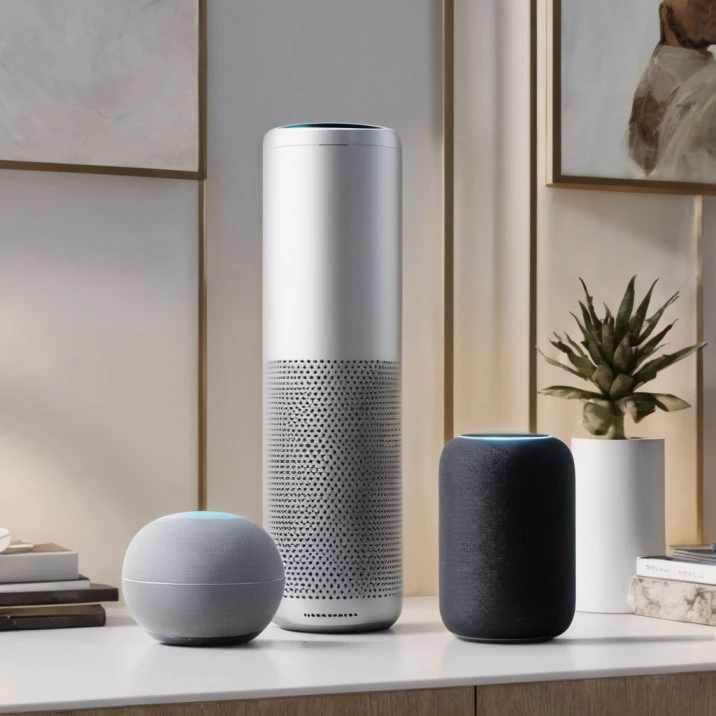The Evolution of Voice Assistants: From Siri to Alexa
Discover the journey of voice assistants from Siri to Alexa in this informative article. Explore how technology has evolved to enhance user experiences.

The Evolution of Voice Assistants: From Siri to Alexa
Voice assistants have come a long way since their inception, with significant advancements in artificial intelligence and natural language processing. The journey began with Siri, Apple's voice assistant introduced in 2011. Siri was one of the first mainstream voice assistants and paved the way for the future of voice-activated technology.
As technology continued to advance, other tech giants like Amazon and Google entered the voice assistant market with Alexa and Google Assistant, respectively. Alexa, introduced by Amazon in 2014, quickly gained popularity for its ability to control smart home devices, play music, and provide information through voice commands.
Google Assistant, launched in 2016, brought Google's powerful search capabilities to a voice-activated platform, allowing users to ask questions, set reminders, and control various smart devices using natural language commands.
One of the key factors driving the evolution of voice assistants is the integration of AI and machine learning algorithms, which enable these assistants to learn and adapt to users' preferences over time. This personalization has made voice assistants more intuitive and efficient, enhancing the overall user experience.
With the increasing demand for smart home devices and voice-controlled technology, voice assistants have become an integral part of everyday life for many consumers. From setting reminders and alarms to ordering groceries and controlling home appliances, voice assistants have revolutionized the way we interact with technology.
Looking ahead, the future of voice assistants is likely to involve even more advanced AI capabilities, improved natural language processing, and seamless integration with a wide range of devices and services. As voice technology continues to evolve, we can expect to see more sophisticated and personalized interactions with voice assistants, making them an indispensable tool for modern living.
In conclusion, the evolution of voice assistants from Siri to Alexa represents a significant technological advancement in the field of artificial intelligence and human-computer interaction. These voice assistants have transformed the way we interact with technology and have become an essential part of our daily lives.
What's Your Reaction?

















